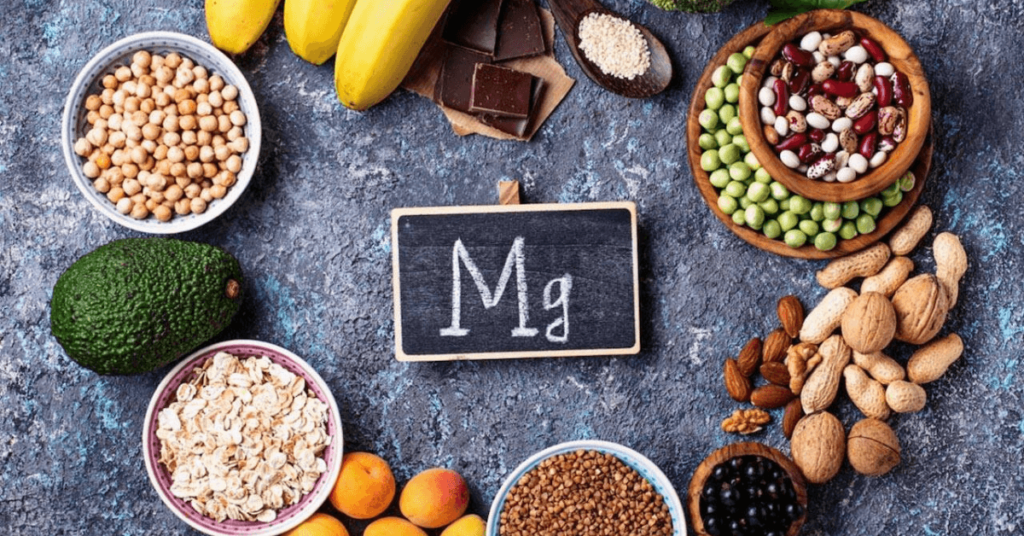Despite being the 7th most abundant element in nature, many of us fall short of the optimal magnesium intake crucial for our well-being. But what does magnesium really do for our bodies, and what are its health benefits, especially for athletes? In this article, we’ll delve into the role of magnesium as a vital mineral and a cofactor in over 300 enzyme systems, influencing crucial biochemical reactions. From powering energy production to facilitating DNA and RNA synthesis, as well as supporting muscle and nerve function, discover the electrifying potential of magnesium as a key electrolyte in our bodily fluids, including blood.
Table of Contents
ToggleWhy is magnesium important?
Magnesium plays a role in more than 300 reactions within the body which makes it one of the most important minerals for human nutrition. A magnesium deficiency can lead to some very serious symptoms including the following:
- High blood pressure
- Cardiovascular disease
- Liver and kidney damage
- Additional nutritional deficiencies
- Restless leg syndrome
- Mood swings and behavioural problems
- Insomnia or sleep disorders
- Osteoporosis and bone damage
- Recurrent bacterial or fungal infections
- Dental disease
- Muscle cramps and weakness
The benefits of magnesium for runners
- Magnesium is needed by each and every cell in the human body for healthy and normal function. Magnesium helps to regulate many important functions such as muscle contraction, nerve function, blood pressure regulation, cardiac activity, hormonal balance, bone health, and the synthesis of proteins.
- But The most critical role of magnesium is in the energy metabolism through the activation of ATPases, the enzymes needed to generate ATP (energy) for your body to utilise.
- During exercise, the body metabolises ATP for energy. As ATP is broken down, the energy is released to maintain and hold the muscle contractions. When you workout for a prolonged period of time, the turnover rate for ATP metabolism is very high – your body is burning energy at a higher rate which means the body needs to produce energy at a higher rate as well. Magnesium deficiencies can significantly restrict your body’s capacity to produce and supply ATP which can lead to fatigue, muscle twitches, lethargy, and muscle cramps.
- Running + magnesium deficiency can contribute to even more critical symptoms such as decreased bone mineral density, anaemia, and irregular heart rhythm.
- Nutrients in their natural form (such as nutrients found in food sources) are more biologically valuable for the human body than synthetic supplements, though supplements can help if you are significantly magnesium-deficient.
Tips for Increasing Your Magnesium Intake
If you are a runner, you need to pay extra attention to your magnesium intake. Here is a list of foods rich in magnesium:
Recommended Dietary Allowances for adults:
- Men: 400–420 mg/day
- Women: 310–320 mg/day
- Runners: 500-800 mg/day
Best magnesium-rich foods
Fruit & veg
•Spinach 79mg per 100g
•Green peas 33mg per 100g
• Avocados 29mg per 100g
Nuts
• Brazil nuts 350mg per 100g
• Cashew nuts 250mg per 100g
• Peanuts 160mg per 100g
• Walnuts 150mg per 100g
Seeds
• Pumpkin seeds 590mg per 100g
• Sesame seeds 350mg per 100g
• Sunflower seeds 325mg per 100g
Soya products
• Soybeans 280mg per 100g
• Tofu 60mg per 100g
Legumes
• Lentils 36mg per 100g
• Raw pinto beans 176mg per 100g


